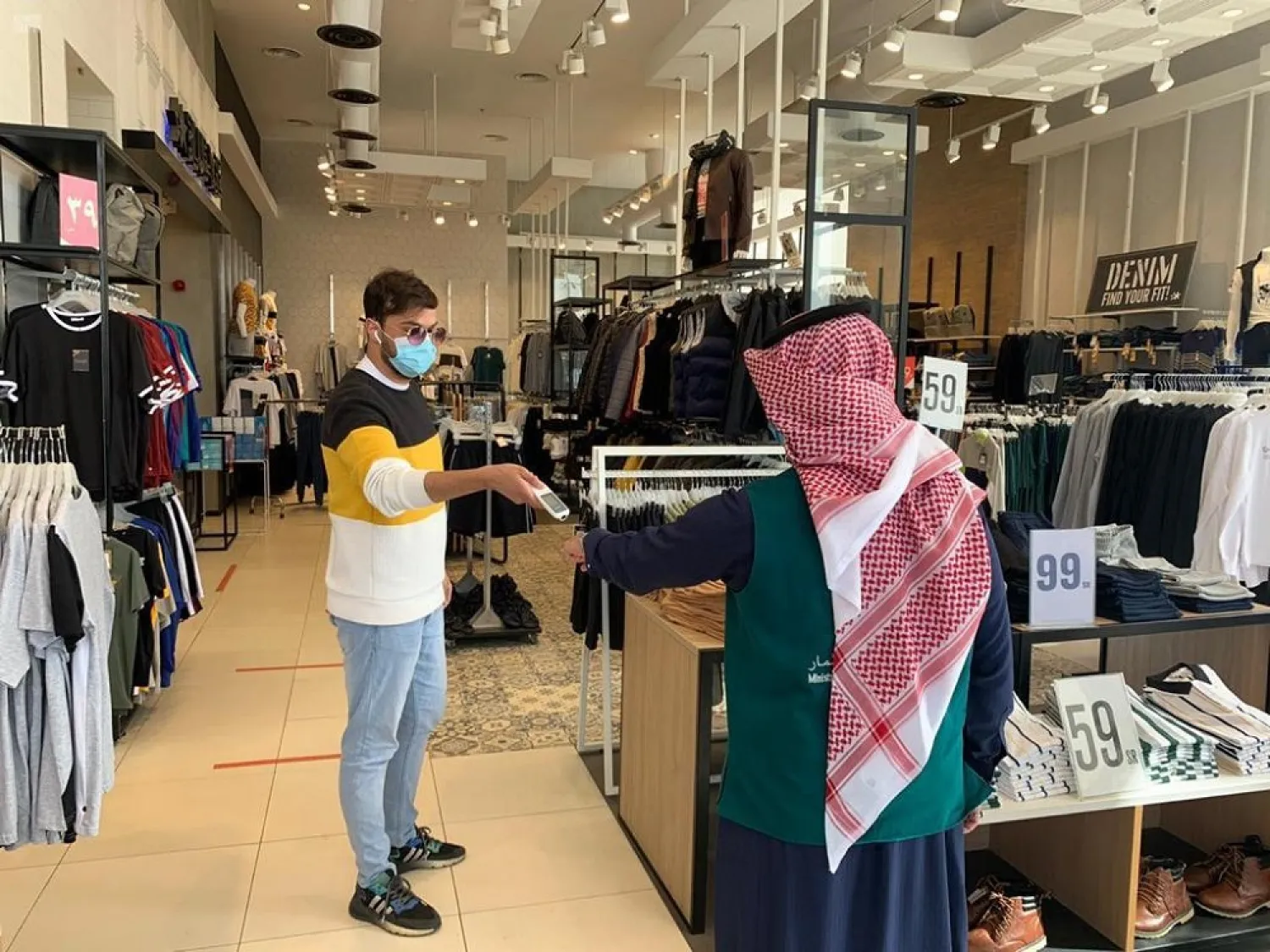Saudi Arabia on Tuesday suspended entry to the Kingdom from 20 countries, with the exception of diplomats, Saudi citizens, medical practitioners and their families, to help curb the spread of the coronavirus, reported the Saudi Press Agency.
The temporary ban, effective from Feb. 3, includes people arriving from the United Arab Emirates, Germany, the United States, Britain, South Africa, France, Egypt, Lebanon, India and Pakistan, announced an official source at the Interior Ministry.
The ban also included Argentina, Indonesia, Ireland, Italy, Sweden, Brazil, Portugal, Turkey, Switzerland and Japan.
Health Minister Tawfiq al-Rabiah had warned on Sunday that complacency around coronavirus restrictions had led to a notable increase in daily cases in the Kingdom.









